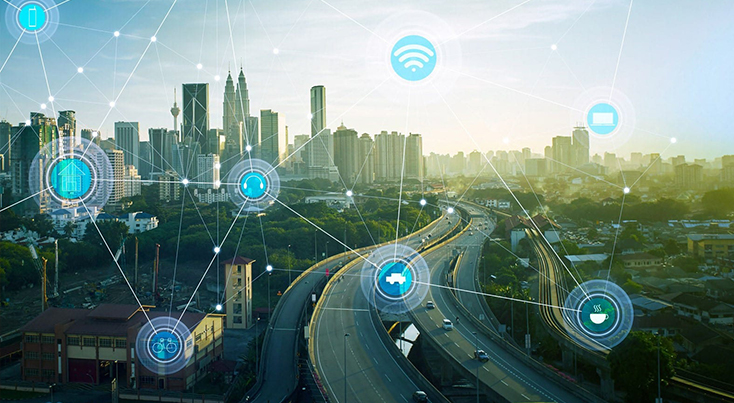Skilling the Australian Workforce
IoT Skills AustraliaSmart Cities
A smart city is an urban area that uses different types of Internet of things (IoT) devices and sensors to collect data. Insights gained from that data are used to manage assets, resources and services efficiently; in return, that data is used improve the operations across the city, by monitor and manage traffic and transportation systems, power plants, utilities, water supply networks, waste, crime detection, information systems, schools, libraries, hospitals, and other community services.
Cybersecurity
Hardware, software and connectivity will all need to be secure for IoT objects to work effectively. Without security, any connected object, from refrigerators to manufacturing bots, can be hacked. Once hackers gain control, they can usurp the object’s functionality and steal the user’s digital data.
Manufacturing
IIoT is the next level of IoT technology and is unique in the way its application has completely transformed manufacturing. Companies today that are looking for competitive advantage need look no further than the capabilities that IIoT affords you – the benefits impact everything from maintenance to supplier logistics to employee workflows to product delivery.
Energy (Smart Grid)
The benefit, Higher energy efficiency using IoT. Improved control over energy consumption, organizations can significantly reduce waste. This leads to major cost savings and allows for the cutting of CO2 emissions, which has a positive impact on the environment
Water
With the help of IoT technology, the water industry can realize benefits that were not possible before. IoT, with its advanced features and capabilities, allows water utilities to supply the required amount of potable and safe water to end consumers, optimize water treatment processes, and improve the capabilities of their water distribution system.
Transport
Whether by land, air or sea, transportation and logistics are the pivotal element for the businesses to attain profitable outcomes. In this developing world, where access to real-time data is critical, IoT is playing a curated role in optimizing the critical logistics and transportation operations. Today, this advent of IoT along with the developing mobile technologies is connecting all devices across a centralized cloud network. It is helping to capture and share the mission-critical data, allowing gaining real-time visibility of the logistics and transportation operations.
Centre of the industry
The centre for excellence in skills, planning and development, Energy Skills Queensland is the conduit for collaboration, cooperation and communication across the energy industry. We are proud to deliver information and skills to the electrotechnology, telecommunication and gas industries to ensure a strong, safe and sustainable future.
Power Generators
Having a skilled workforce to meet the demands of large power generators (Stanwell, CS Energy and CleanCo) is imperative to the economy and sustaining all industry sectors. ESQ closely follows developments from generators to ascertain which current and emerging technologies will affect the workforce profile. This information is then fed back to the government and education sectors to influence decisions on funding, development and training delivery.
Associations
Associations represent members and provide them with specialist knowledge and legislative/regulatory knowledge. As such associations develop large databases of industry information that is useful to ESQ from a workforce planning and skilling perspective, ESQ engages regularly with Industry Associations and relevant Unions on skills and training requirements.
Private and Government Owned Contractors
Communication with private and government owned contractors is vital to understand the operational requirements of everyday life on the tools. Their feedback provides ESQ with a practical understanding of how job requirements are changing and how skills need to adapt to these changes. Contractors are also a valuable source of information with regards to safety requirements and how safety standards can be used to improve safety on the job site.
Education Sector
The education sector plays a vital role in training the energy workforce of the future. ESQ acts as the conduit between industry, government and the education sector to give our insights to the education sector regarding skills needs whilst also giving feedback to the government from the education sector on matters affecting Training Packages, qualifications and learner efficiency.
Government
ESQ interacts with a variety of governmental, statutory, educational and private institutions to develop actionable industry intelligence that will contribute towards strategic development of energy workforces within our regions. These stakeholder engagements allow us to follow decisions, policies and investments that influence the profile of the energy workforce. Through its engagement and industry intelligence, ESQ ensures that QLD government and industry is kept at the forefront of trends and movements in the sector.
Wholesalers and Retailers
Wholesalers and retailers develop a vast knowledge base on technology and the various equipment that are utilised in the workforce. This information, if combined with vendors, provides significant insight into the skills requirements for installation, operation and maintenance of electrotechnology equipment.
What We Do
Our ApproachHow We Do

Need to understand new technologies? Find a short course to sharpen your abilities here.

You have your qualifications, now gain the skills that make you a smart technician.

In a digital economy, identify the gaps between supply and workforce demand.

In a digital economy, enable real world solutions to leverage the capacity and capability of your staff.
Engagement and Advocacy

Need to understand new technologies? Find a short course to sharpen your abilities here.
Industry intelligence

You have your qualifications, now gain the skills that make you a smart technician.
Competence & Governance

In a digital economy, identify the gaps between supply and workforce demand.
Workforce Skilling & Employment

In a digital economy, enable real world solutions to leverage the capacity and capability of your staff.



